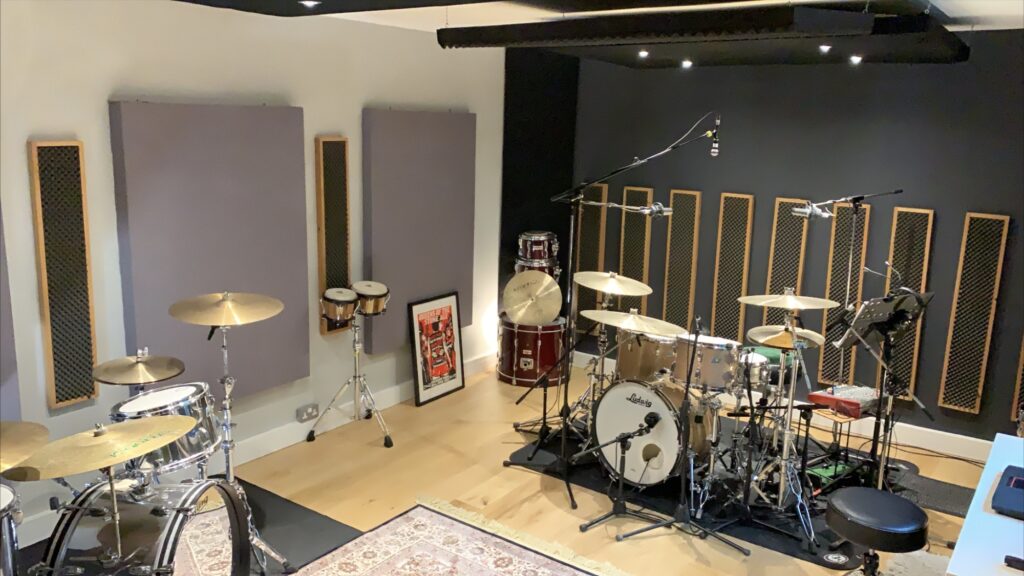In an era characterized by increasing noise pollution and distractions, the quest for quiet spaces has become more than just a luxury; it’s a necessity for maintaining productivity and promoting mental well-being. Whether in the workplace, at home, or in public spaces, the ability to control sound levels can significantly impact our cognitive functions and emotional states. This article delves into the multifaceted relationship between soundproofing, productivity, and mental health, exploring how effective sound management can enhance our daily lives.
The Impact of Noise on Productivity and Mental Health
Noise has long been recognized as a pervasive stressor that can impede concentration, disrupt workflow, and elevate stress levels. In office environments, incessant chatter, ringing phones, and ambient noise from equipment can create a cacophony that hampers employees’ ability to focus on tasks. Similarly, in residential settings, external noise from traffic, construction, or neighbors can intrude upon our personal spaces, affecting our ability to relax and unwind.
Research has shown that prolonged exposure to high levels of noise can lead to a range of negative outcomes, including increased fatigue, irritability, and decreased cognitive performance. Moreover, chronic noise exposure has been linked to various health issues, such as elevated blood pressure, cardiovascular problems, and sleep disturbances. In essence, noise pollution not only diminishes productivity but also poses significant risks to our overall well-being.
The Role of Soundproofing in Creating Quiet Spaces
Soundproofing offers a proactive solution to the challenges posed by noise pollution, enabling individuals to create environments that promote concentration, relaxation, and mental clarity. By implementing sound-absorbing materials, such as acoustic panels, curtains, and wall treatments, it becomes possible to minimize the transmission of sound waves and reduce reverberation within a space.
In the workplace, soundproofing measures can be instrumental in mitigating distractions and fostering a conducive environment for concentration and collaboration. By strategically implementing soundproofing solutions in open-plan offices, meeting rooms, and common areas, organizations can enhance employee productivity and satisfaction, ultimately leading to improved performance and morale.

Similarly, in residential settings, soundproofing can play a pivotal role in creating sanctuaries of tranquility where individuals can escape the hustle and bustle of everyday life. Whether it’s soundproofing walls, windows, or floors, investing in acoustic insulation can significantly reduce the intrusion of external noise, allowing residents to enjoy a peaceful and restorative living environment.
The Psychological Benefits of Quiet Spaces
Beyond its tangible effects on productivity and performance, soundproofing also yields a host of psychological benefits that contribute to overall well-being. In quiet environments, individuals experience reduced levels of stress, heightened focus, and increased feelings of relaxation and comfort. This can lead to enhanced creativity, improved mood, and greater overall satisfaction with one’s surroundings.
Moreover, quiet spaces provide opportunities for introspection and mindfulness, allowing individuals to disconnect from external distractions and connect with their inner thoughts and emotions. In a world characterized by constant stimulation and information overload, the ability to retreat into silence can be a powerful antidote to mental fatigue and sensory overload.
Contact Waseem Muhammad Technical Soundproofing Expert in Dubai: +971 50 209 7517
FAQs
How effective are DIY soundproofing solutions?
DIY soundproofing solutions can be effective to a certain extent, especially for minor noise issues. However, for optimal results and comprehensive sound management, professional-grade soundproofing materials and techniques may be necessary.
Can soundproofing completely eliminate all noise?
While soundproofing can significantly reduce the transmission of noise, achieving complete silence may be impractical in certain environments. The goal of soundproofing is to create quieter, more comfortable spaces rather than absolute silence.
Is soundproofing only beneficial for workplaces and homes?
Soundproofing can benefit a wide range of environments, including schools, healthcare facilities, recording studios, and entertainment venues. Anywhere noise control is essential for productivity, communication, or well-being, soundproofing can play a valuable role.




